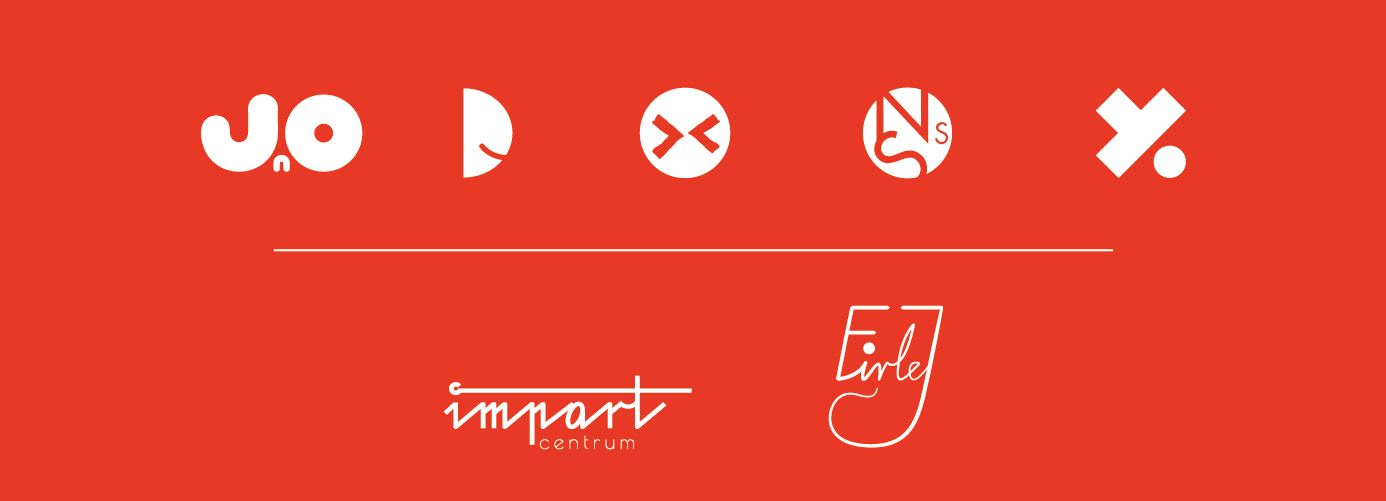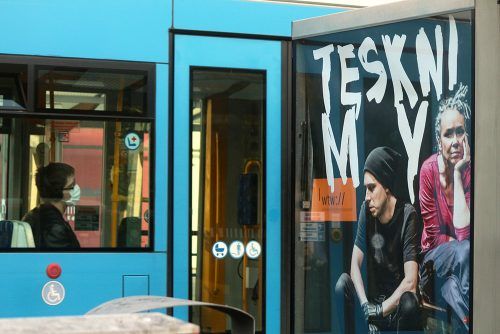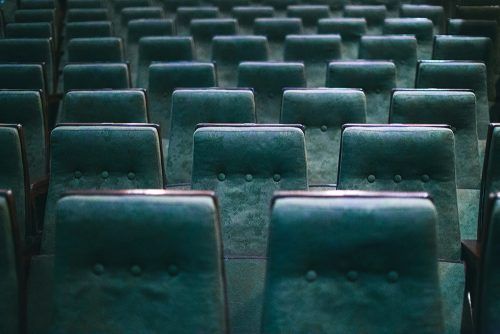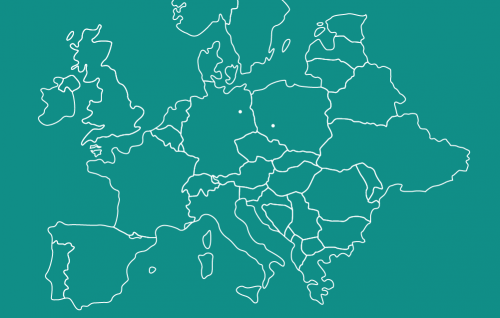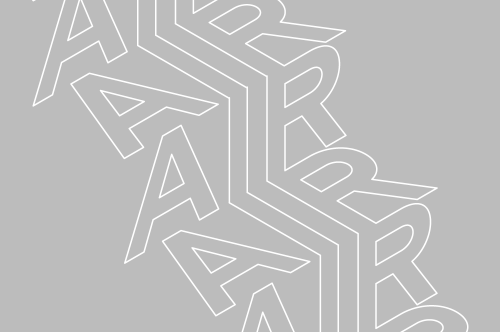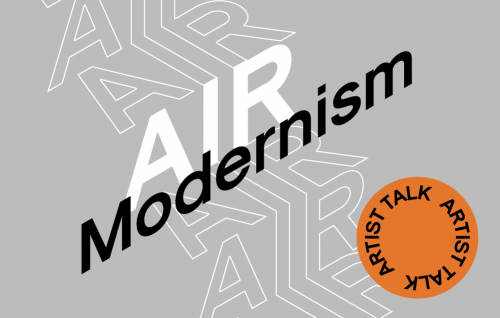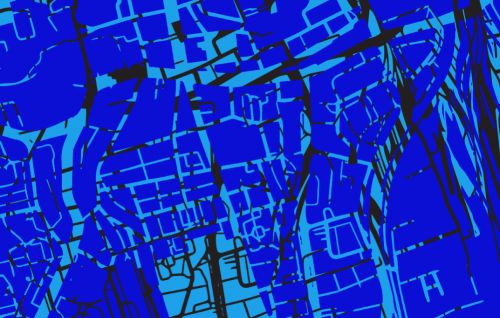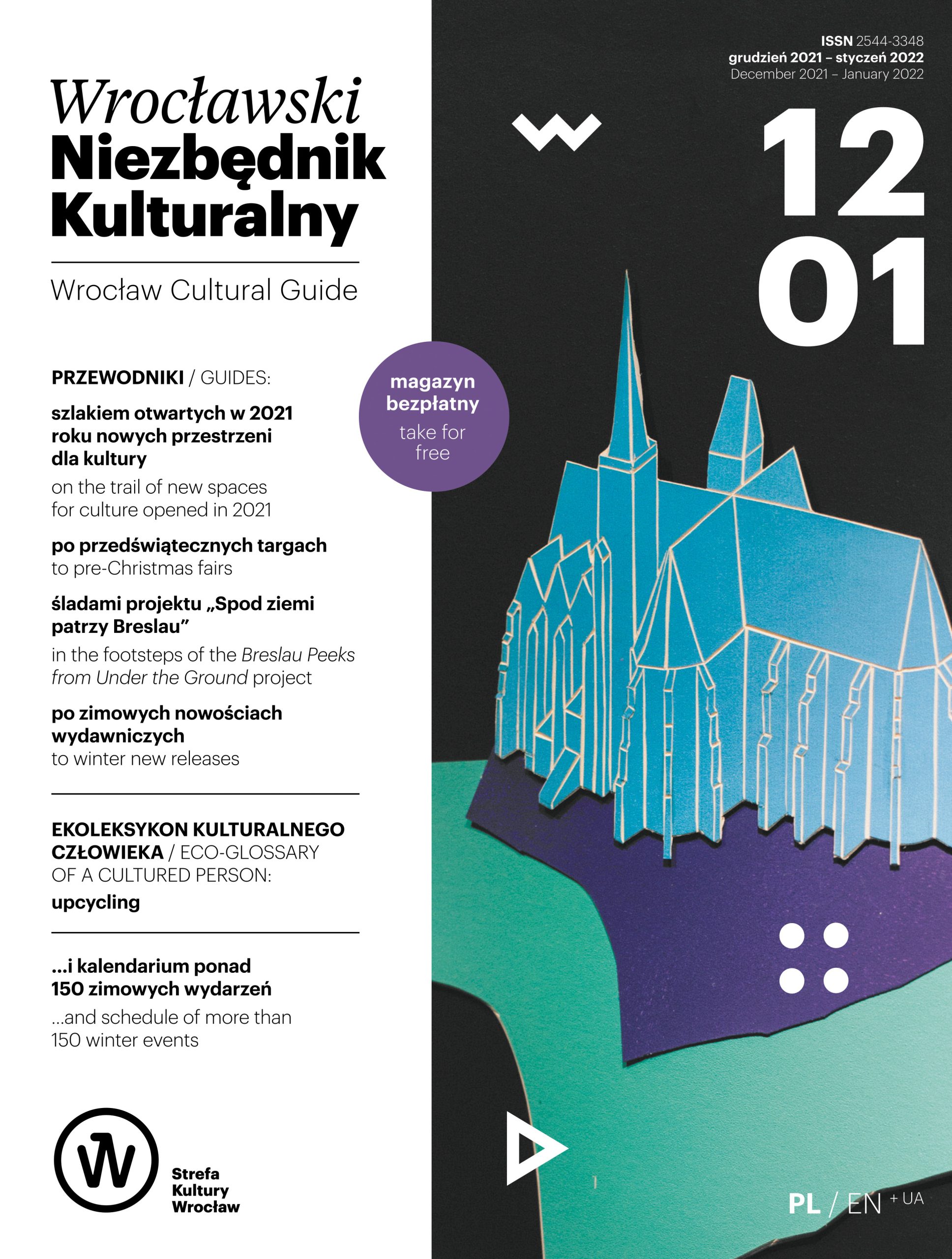Article also available in PDF
6 minutes read time
1. What scheduling and management changes your organisation had to implement due to the coronavirus pandemic?
Wrocław Contemporary Theatre: We suspended all performances. Also we are unable to proceed with rehearsals for two plays scheduled for May and June. However we have not abandoned these projects – we’ll schedule the premieres as soon as possible.
New Horizons Cinema: Closing the cinema was a critical change for us. As a result we had to suspend several important projects including Spanish Cinema Week as well our regularly scheduled series – including film academy, “New Horizons for seniors”, and the “Parents with strollers” [pl. “Wózkownia”] initiatives. We’re still planning for the most appropriate and safe way to organise our flagship festivals – New Horizons and the American Film Festival.
Culture Zone Wrocław: We had to reschedule the latest edition of Jazz on the Odra festival to October – that took a great deal effort. The coronavirus pandemic began one day before the Wrocław Culture Congress. We had to close our venues: Impart, Barbara, Reception and Engraver’s House. The future of international projects we were working on in collaboration with Kaunas, Berlin and Lviv is unclear, since it depends not only on Polish regulations, but those of our foreign partners as well.
BWA Wrocław: Here at BWA Wrocław Główny we had to suspend operations right in the middle of our preparations for the 13th edition of the Geppert Contest. First we had to quickly reorganise all ongoing activities, and cancel or reschedule a lot of things. Also we had to come up with new strategies and channels for communicating with our audience – fast.
2. How do you function now, with pandemic in full swing? What are your day-to-day challenges, when the “plague” is rampant?
Centrum Kultury Agora: Most of us work from home now. Apart from the sudden need to learn many tools for making online content – e.g. video editing software – coordinating our efforts is a major challenge. It is difficult to work without direct contact, especially when we use a wide variety of communication tools, including Messenger, Skype, and e-mail. As a result finding the exact details on arrangements sometimes takes days.
BWA Wrocław: Flexibility is natural to our day-to-day operations for most of our team, so we know how to make it work. We organise chat room sessions and teleconferences. We also include artists – they are very creative in coming up with solutions to reach out to their audience. The problem is keeping up with administrative work as result of our current circumstances. Changes to the schedule require approval, artist remuneration requires alternative solutions. We can’t expect people to stand in lines at the post office nowadays.
Culture Zone Wrocław: We have to devise plan “B”, “C”, and even “D” for everything. And even if we plan for tomorrow, it all can come crashing down the next day. Maintaining a positive attitude despite the office bustle and daily conversations with guests of our events and venues is a challenge. We’re all just hoping to see each other soon.
3. Social isolation in response to the pandemic is not conducive to maintaining contact between the artists and their audience. How do you plan to stay in touch with the public?
Wrocław Contemporary Theatre: We do not show recordings of our performances, since such content is produced for other purposes, involves different budgets and technical means. Not to mention there’s copyright issues. We offer our audience rather loose, casual means of contact through social media: we post fragments of spectacles and – most importantly – videos made by our actors. We “touch base” with our audience to make sure, that they do not forget about us.
Culture Zone Wrocław: We’ve decided to move some of our projects online – if their quality won’t suffer as a result. We believe that our regular audience will appreciate that. Our Barbara meetings scheduled are conducted online. We’re also planning to provide online trainings as part of our Culture Practitioners program. The latest issue of our “Wrocław Cultural Guide” magazine will also be available on the web. As a result it may reach an even greater audience than before. That being said, the goal of our efforts is to build a community. That is why we’re already preparing to get back into full swing of things, once the current crisis ends.
WRO Art Centre: Curiously, the isolation and the resulting shift to online communication may be an opportunity to bring artists, audience, and organisers closer together. We may even appreciate face-to-face contact via communicators even more – since you can now do it anywhere you are. It’s not just a substitute for meeting with people. It could prove to be a new standard – for years rather overlooked – finally showing its true potential. It does require a bit of innovative thinking and new skills, but that’s the point, isn’t it?
4. What are the most pressing problems for people working in culture today? What do you think may be an issue, after the threat of COVID-19 is gone?
New Horizons Cinema: Uncertainty is the biggest problem. The pandemic situation changes every day, so planning anything gets complicated. What will happen “after” is also a mystery. There’s no way of telling, how the society will function once the quarantine is lifted. The feedback from our audience is very encouraging however. Just like us, they can’t wait to meet together at the cinema.
WRO Art Centre: Economic survival is the most pressing problem in culture right now. Creators suffer the most, since they’re dependent on the participation from the audience, and they are victims of limited educational support by the state for non-commercial activity. We can see in Poland, how susceptible the artists are to expropriation. Government aid often comes at the cost of being forced to nationalise art.
Centrum Kultury Agora: The issue of “junk contracts” was well known even before the pandemic. As a result of the epidemic, people employed based on such contracts effectively lost all income. Government aid is limited to grant and scholarship contests, and yet participating in those does not always mean getting the money. So only the people, who can expertly navigate the application forms, can hope to get the funding.
5. Situation changes almost every day. However we can already come to some conclusions, seeing how the cultural sector now operates. What lessons everyone should learn from this new experience?
New Horizons Cinema: When it comes to NGOs or small institutions, it’s difficult to call the conclusions. It’s quite simple: you need savings. New Horizons Cinema is not part of some large chain, so our ability to recuperate from financial losses is limited. On the other hand, having a huge bank, when your budget is small to begin with, is a luxury. Therefore, what we need is more support at the state level: simplified procedures that are applicable without delay, which provide security for individual artists, cultural entities, NGOs, and institutions.
WRO Art Centre: You need to be a “prepper” long before a crisis occurs. Temporary solutions and scrambling to stop the bleeding is neither appealing nor valuable to the audience, when they’re being bombarded by “clickable content”. The foundations of attractive online content are: financing for staff training, a well prepared “disaster-proof” archive with remote access, and listening to feedback from the artists and researchers.
BWA Wrocław: We’ve learnt how to use social media more effectively, and we’ll continue to build on that experience. Now we also know, which parts of our virtual infrastructure require improvement. Having online content definitely has its advantages. However, forced isolation made it clear, that direct contact with our audience is most important. And that’s something we will celebrate as soon as possible
Dominika Drozdowska, Anna Mituś, Katarzyna Roj, Joanna Stembalska (BWA Wrocław),
Anna Borowska and Pola Fedyszyn (Centrum Kultury Agora),
Stanisław Abramik (New Horizons Cinema),
Dominika Kawalerowicz (Culture Zone Wrocław),
Mark Fiedor (Wrocław Contemporary Theatre)
and the team of WRO Art Centre
were interviewed by: Kuba Żary
